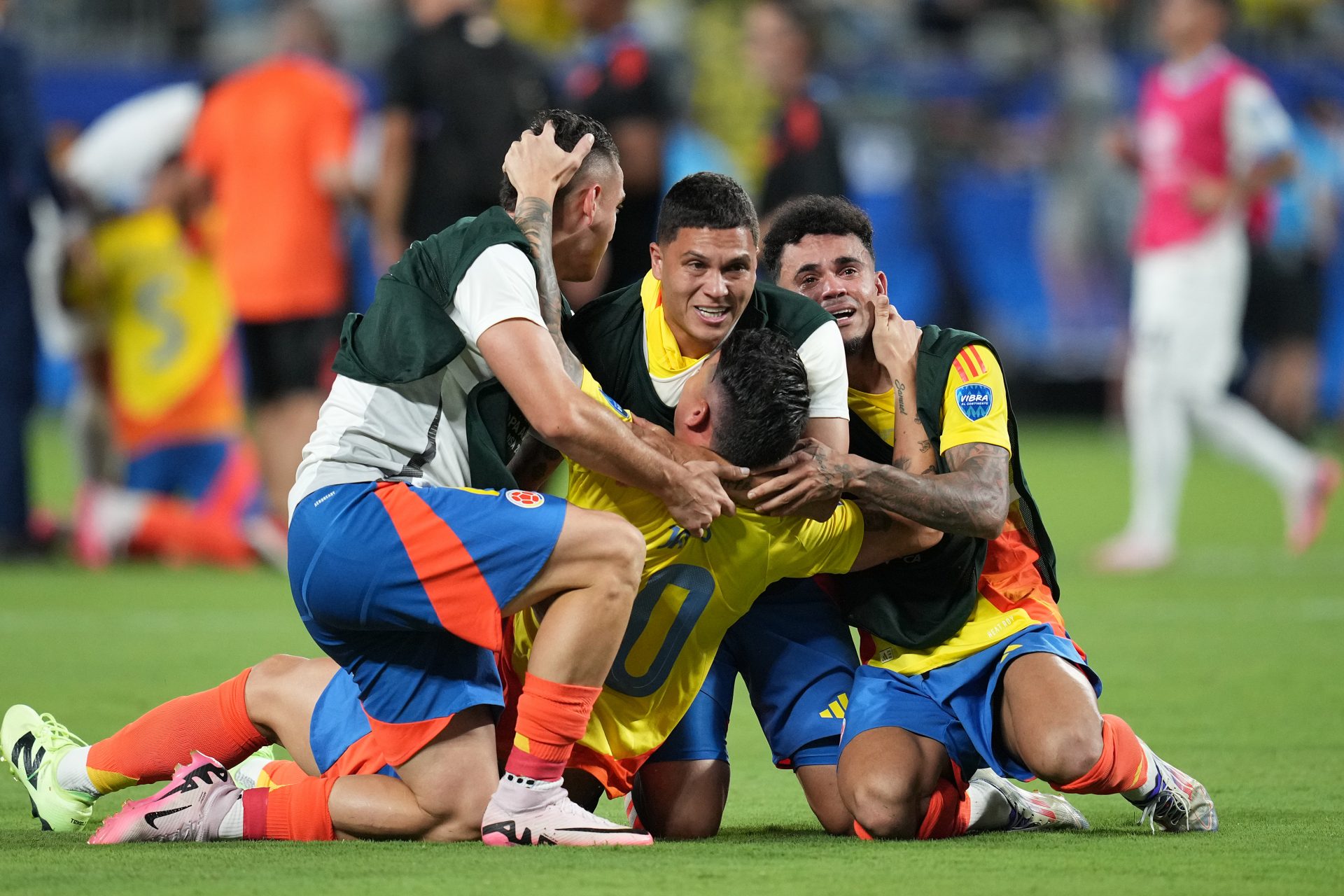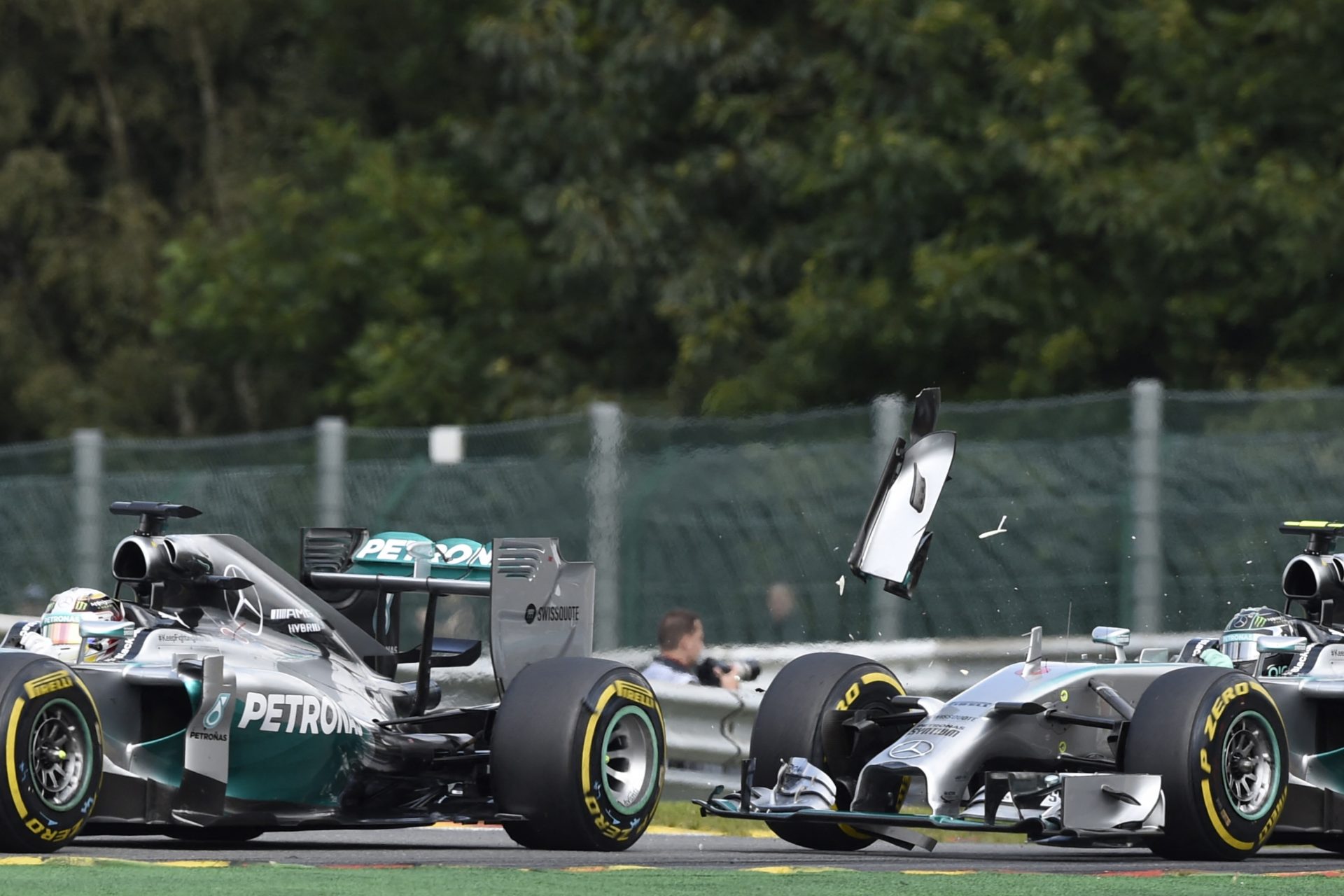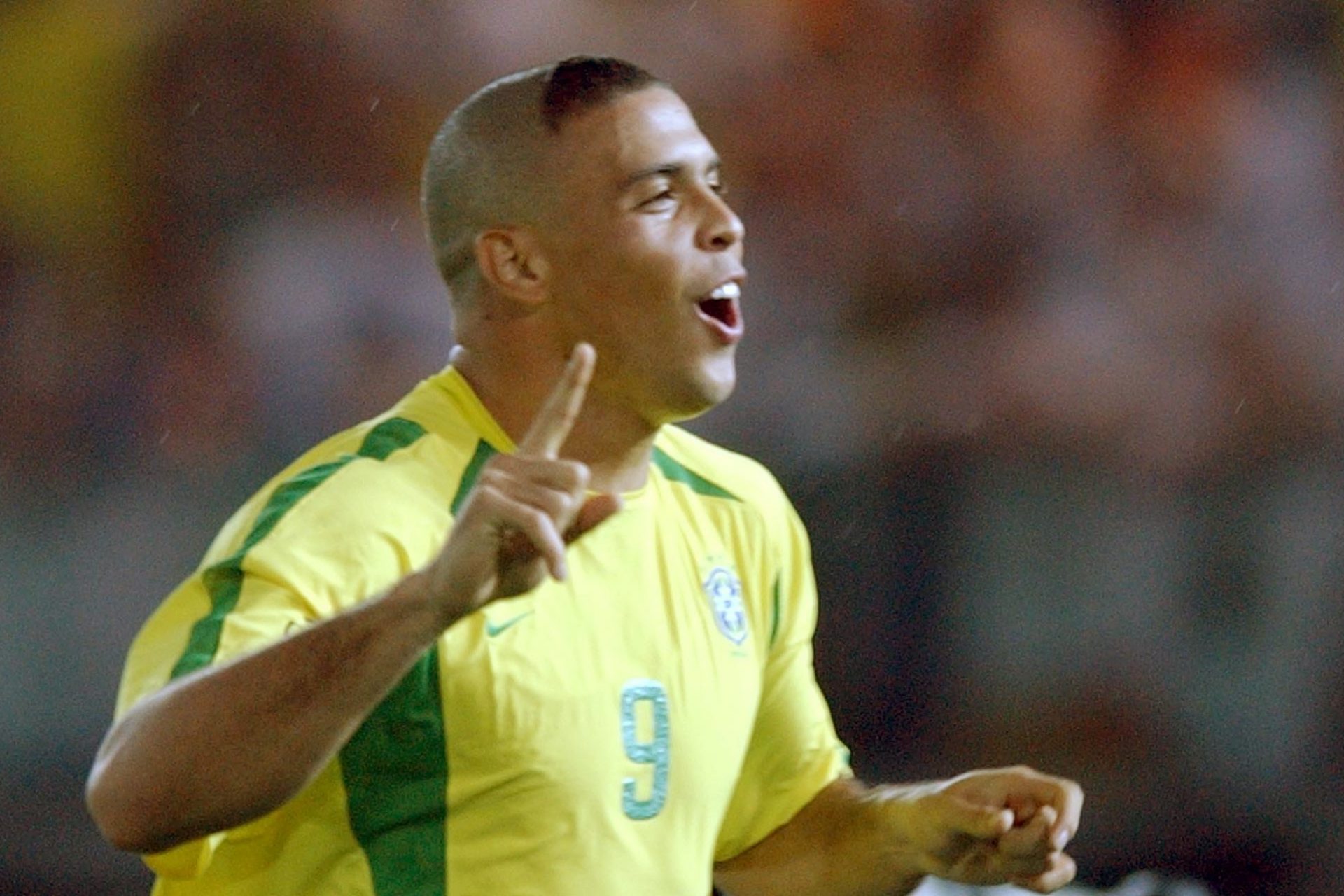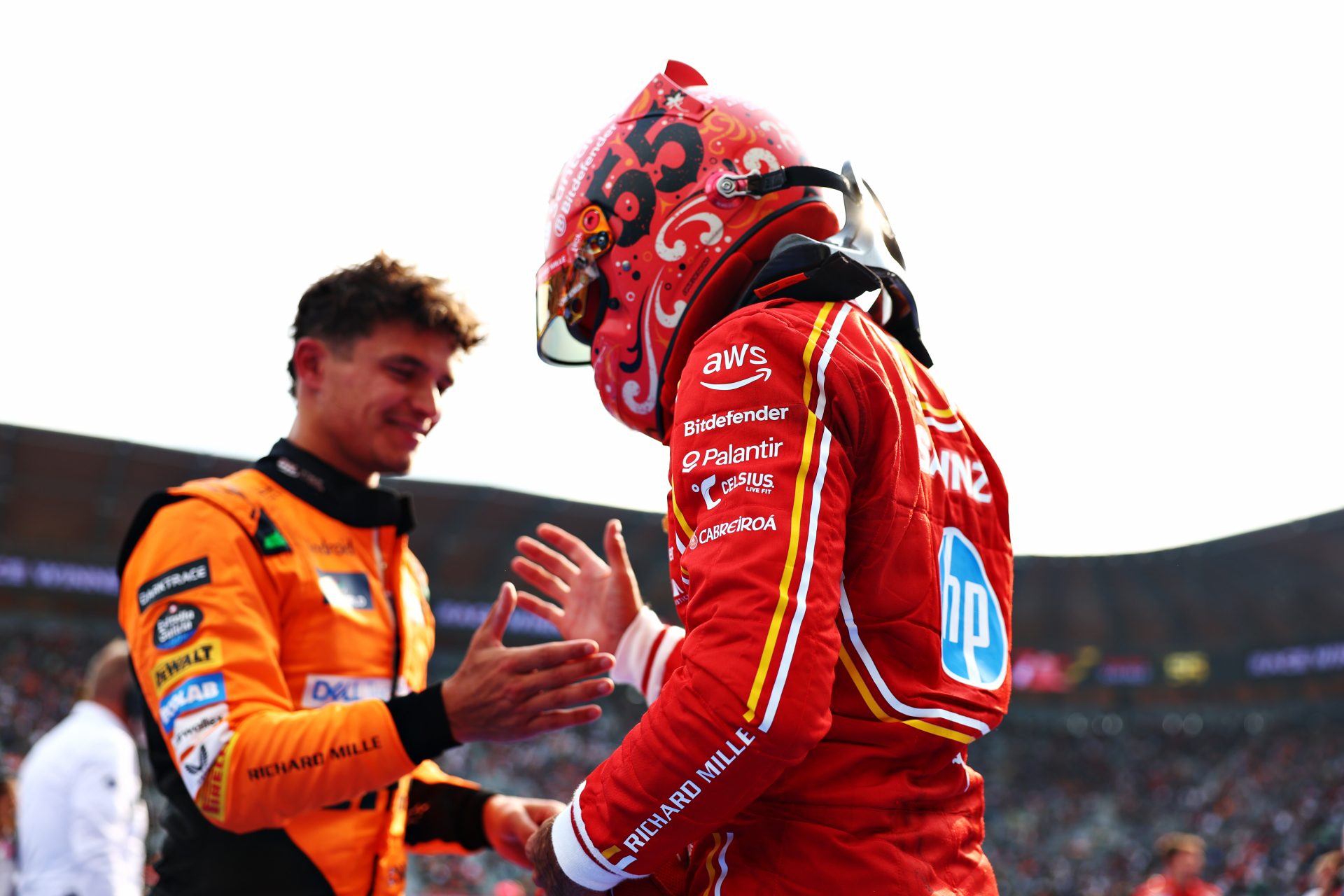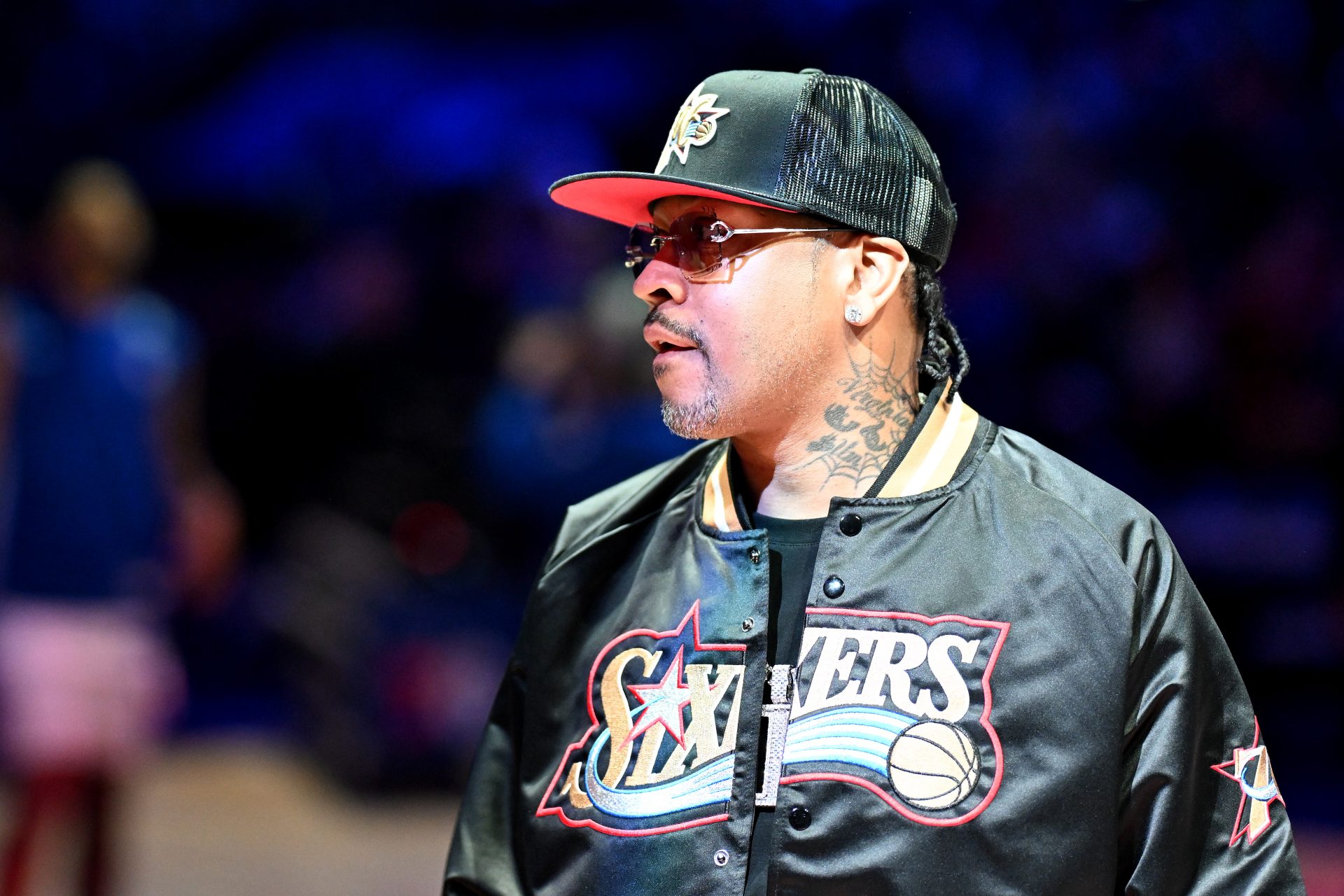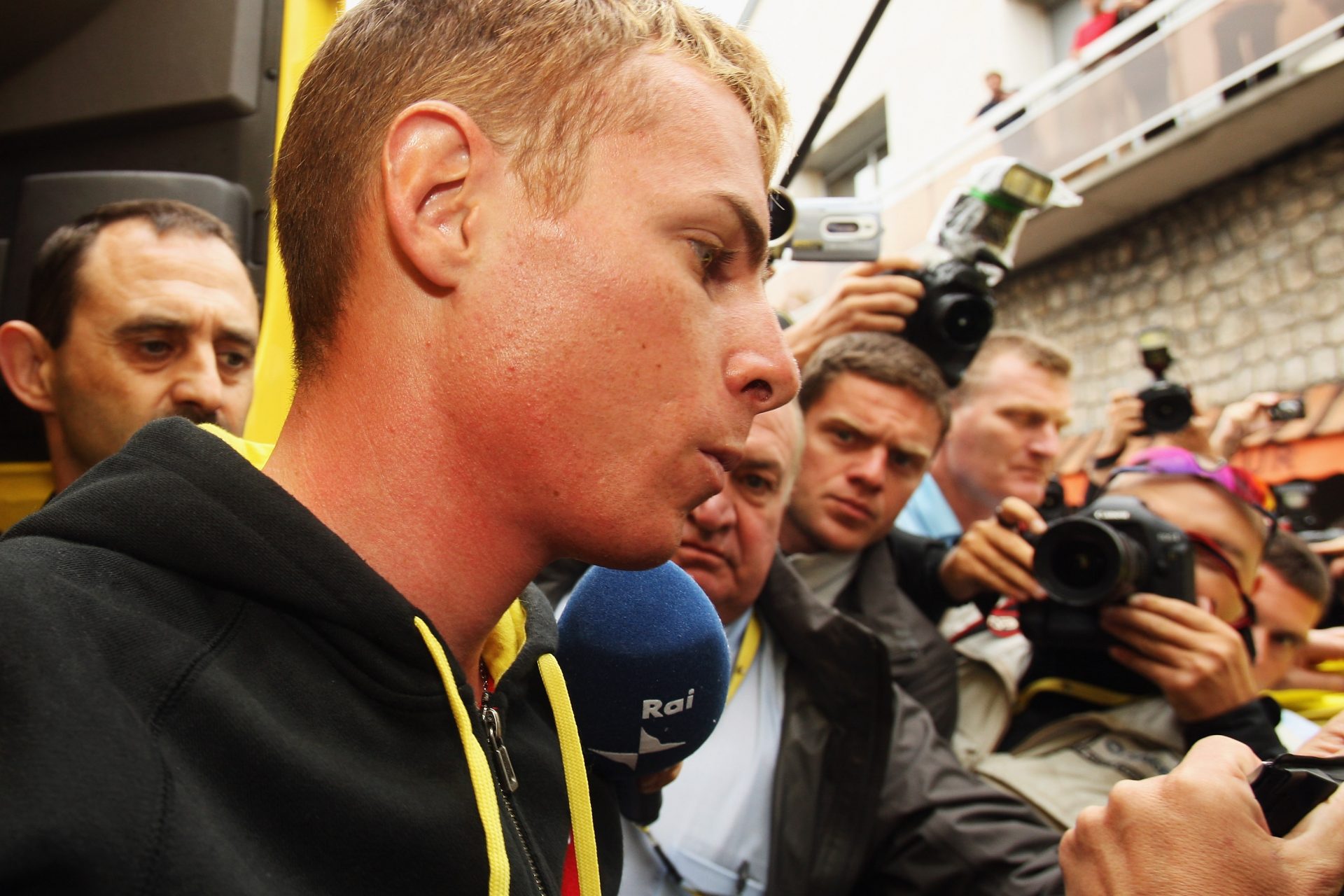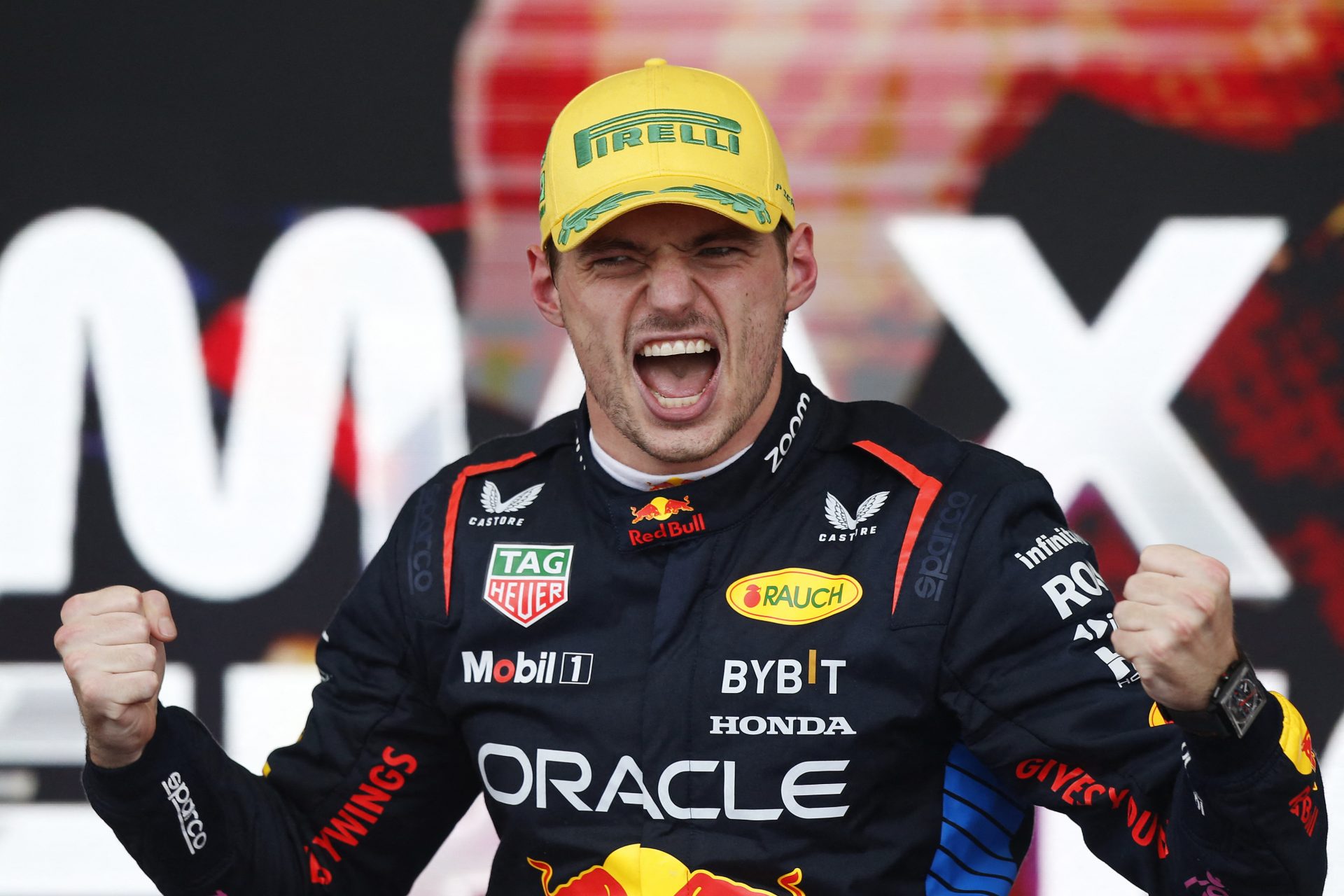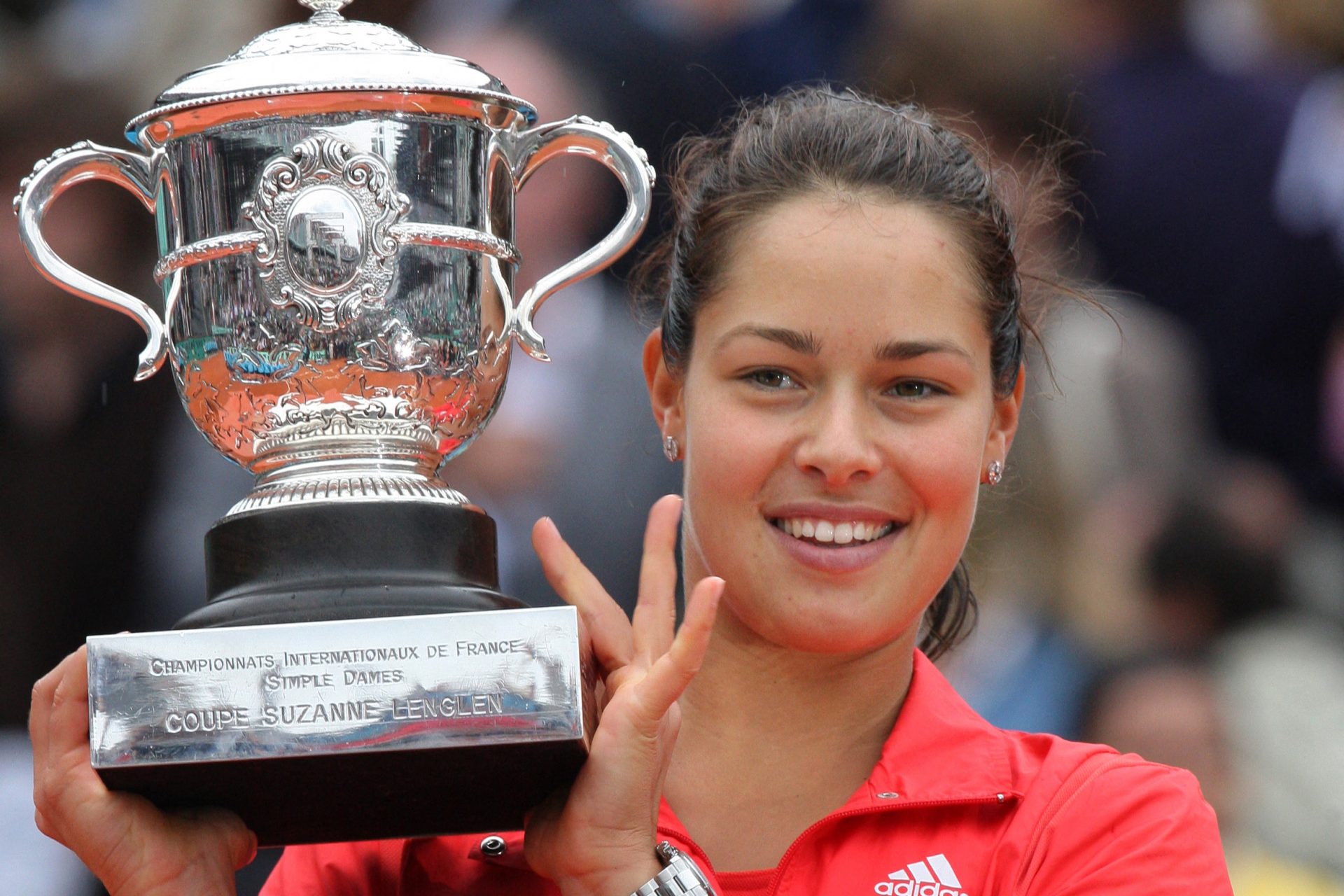Who's better: Maradona or Messi?
A debate that never seems to end now has something new to ponder: Does the fact that Lionel Messi finally won the FIFA World Cup is evidence that he's better than Maradona? Let's go through the facts and statistics.
Many people argued that Messi could never match Maradona because he didn't have a World Cup, like the one El Diego won in Mexico 1986, thanks in part to the mythical Hand of God. Here you can see Maradona leaving Mexico City's Azteca stadium on the shoulders of cheering fans.
However, the long-awaited World Cup for Messi and all of Argentina finally arrived in Qatar 2022. Messi can be seen here emulating Maradona as he leaves the Lusail Stadium in Doha.
However, there are many factors we need to keep in mind before diving into the big question.
The first thing is that any comparison between the two Argentinian footballers gets complicated by the fact they played in different eras, which can play a role in how you look at data.
According to TransferMarkt.es, Diego Armando Maradona played throughout his career (from 1977 to 1994) a total of 90 games with Argentina's national team, out of which he won 42.
Maradona played in four World Cups: Spain 1982, Mexico, 1986, Italy 1998, and USA 1994, out of which he won one. He was also in four Copa Ámerica (1979, 1987, 1989), though never won any of those.
Lionel Messi, meanwhile, since his debut in 2005 to 2022, when he won the World Cup, has played a total of 172 games, out of which he has won 103.
Messi has played in five World Cups: Germany 2006, South Africa 2010, Brazil 2014, Russia 2018, and Qatar 2022, winning one. He also has won one Copa América, out of the six he has appeared (2007, 2011, 2015, 2016, 2019, and 2021).
When it comes to goals for the blue and white team, Maradona scored a total of 29 goals: 8 in 21 World Cup games; 4 in 12 Copa América games; 3 in 8 World Cup qualifiers; and 14 goals in 38 friendly matches.
The 98 goals Messi has recorded throughout his career with team Argentina were distributed as follows: 13 goals in 26 World Cup games; 13 in 34 Copa América games; 28 in 60 World Cup qualifiers; and 44 goals in 51 friendly matches.
If we look at the goalscoring average of both players within the Argentine team, Maradona has 0.32 goals per game. Meanwhile, Messi surpasses it with 0.57 goals per game. So, it could be said that the youngest generation has the upper hand here.
Messi not only wins Maradona's average, but he's also the all-time top scorer for the Argentina national team in the World Cups with 13 goals. Maradona is sixth behind Messi, Batistuta, Agüero, Hernán Crespo and Gonzalo Higuain.
Regarding goal assists, Maradona has a total of 14 with the national team (8 in World Cups, 1 in qualifiers, and 5 in friendly). In contrast, Messi has 55 (8 in World Cups, 17 in Copa América, 17 in friendly matches, and 11 in qualifiers).
And if we guide ourselves by national team titles, Maradona won the 1986 World Cup in Mexico (as the absolute leader of that team), the 1993 Artemio Franchi Cup, and the 1979 Japan U-20 World Cup.
A record that remains below the one achieved by Leo Messi. Adding the World Cup in Qatar 2022, the current Paris-Saint Germain player can also boast of having won the Copa América 2021, the Olympic gold medal in 2008, and a U-20 World Cup in 2005.
During his career, Diego Armando Maradona played for Argentinos Juniors (1976-1980), Boca Juniors (1981-1984), FC Barcelona (1982-1984), SSC Napoli (1984-1992), FC Sevilla (1992-1993), Newel's Old Boys (1993-1994) and, at the end of his career, again with Boca Juniors (1995-1998).
Leo Messi has had a more steady career. Everyone thought he would remain a 'One Club Man', faithful to FC Barcelona. He played for the Spanish team for 17 seasons, between 2004 and 2021,before moving to Paris-Saint Germain in 2021.
Regarding the titles at the club level, the difference is also important. Maradona won a Metropolitan Championship with Boca Juniors, a Copa del Rey, a League Cup and a Spanish Super Cup with FC Barcelona; and two Italian leagues, a UEFA Cup, a Cup and an Italian Super Cup with Napoli.
Messi's track record at club level is much broader. With FC Barcelona he won 10 Spanish Leagues, 7 Copas del Rey, 8 Spanish Super Cups, 4 Champions League, 3 European Super Cups and 3 Club World Cups. He also won a Ligue 1 and a French Super Cup with PSG.
On an individual level, Maradona has been overall the top scorer eight times with his different teams, an honorary Ballon d'Or in 1995, the FIFA Player of the Century in 2000, and the Golden Foot in 2003, among others.
Messi, for his part, can boast of being the player with the most considerable number of Ballon d'Ors in history with a total of 6 (2009, 2010, 2011, 2012, 2015, 2019 and 2021), plus other awards such as the FIFA World Player of the Year in 2009. He also won the Golden Boot in 2010, 2012, 2013, 2017, 2018, and 2019.
If we talk about numbers, at the club level, Maradona played a total of 589 games between all his clubs and in which he scored 311 goals and made 211 assists, with a goalscoring average of 0.53 goals per game.
Messi's case, with FC Barcelona and PSG (and up to the date on which he lifted the World Cup) he played 831 games with a balance of 695 goals and 297 assists. His scoring average, well above Maradona's, is 0.84.
But where is the sentiment? The emotion? For most Argentinians, Maradona is not a man, but a God or 'D10S, as they say, in reference to his jersey number, which Messi inherited.
Maradona always had the fans by his side, to the point of becoming a true symbol and a 'sports hero' for Argentina. Music, art, and even a religion, the Maradona church, have been made inspired by him.
“The moment Maradona retired from soccer, he left Argentina traumatized. Maradona was more than a great footballer. It was an extraordinary factor of compensation for a country that in a few years experienced several military dictatorships and social frustrations of all kinds,” wrote Jorge Valdano, a Spanish-based Argentinean football player and coach.
Valdano, who played along with Maradona in the Argentina national team, argues that El Diego was “an outlet for collective frustration and that is why people adore him there as a divine figure.”
Another element in Maradona's life was his boisterous personality and his excesses. Some aspects of his personal life remain controversial to this day.
In contrast, Messi's relationship with Argentina is very different. His family moved to Spain when he was 13 and there, he joined the youth wing of FC Barcelona. He was born in South America but grew up in Europe.
Besides that, Messi is known to have a shy personality and does not bring much attention to himself. More than a few Argentinean fans have had lukewarm feelings toward Messi.
While he was winning game after game with FC Barcelona, a series of losses with Argentina's national team led to accusations that Messi was not playing with the same enthusiasm for the South American team.
Messi even announced that he would not continue playing for Argentina after a streak of losses in the 2014 World Cup and the 2015 and 2016 editions of Copa América. The decision only increased criticism towards him.
The former FC Barcelona striker eventually changed his mind and returned to the national team. He led Argentina to win Copa América in 2021 and the Qatar World Cup in 2022.
Argentina will enjoy Messi a bit more, as he himself has expressed to the media after winning the World Cup that he wants to: “continue living a few more games being world champion.”
Messi or Maradona, Maradona or Messi. In the end, it doesn't matter. Both are giants and legends in their own right when it comes to football, both in Argentina and all over the world.
More for you
Top Stories







































